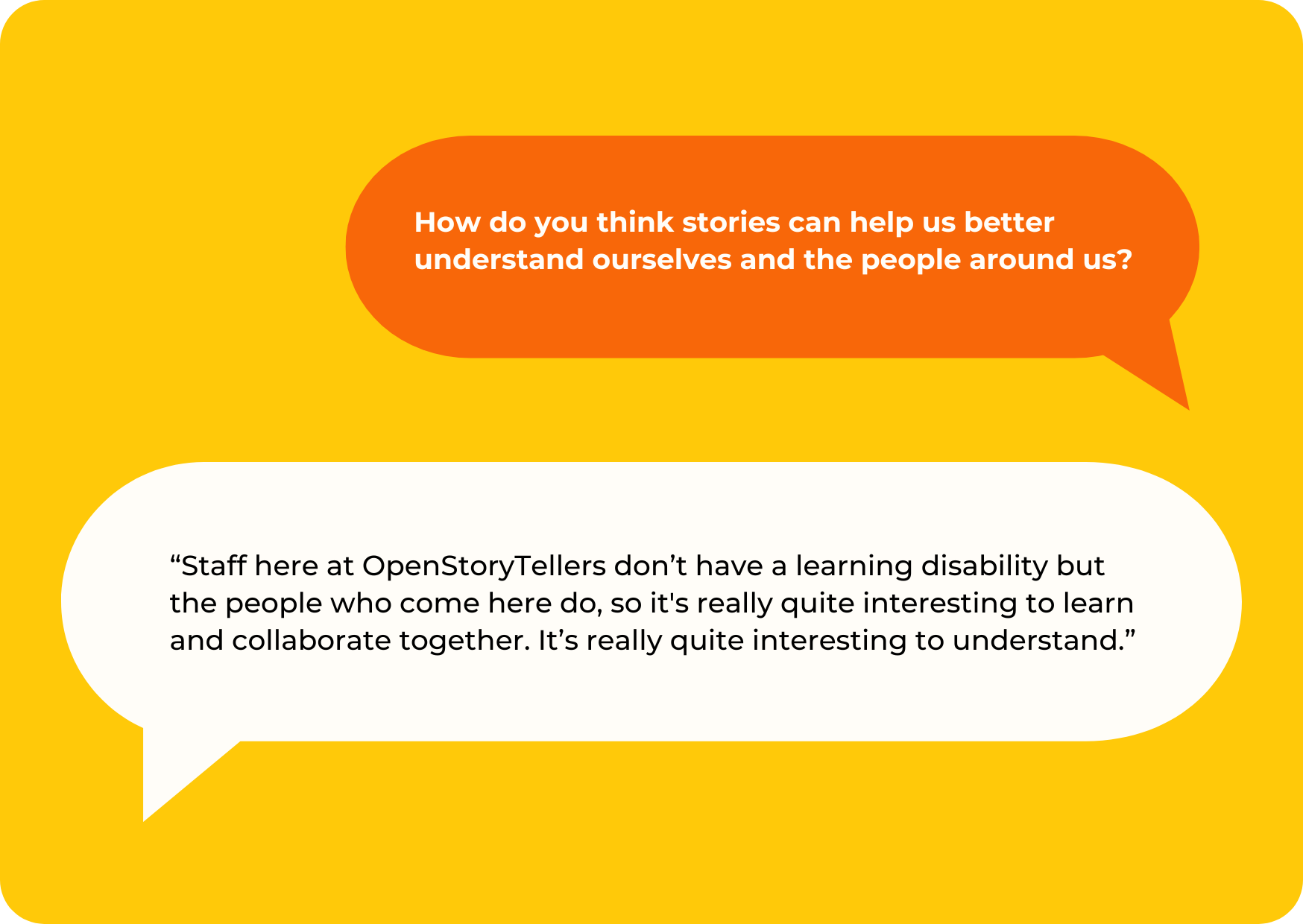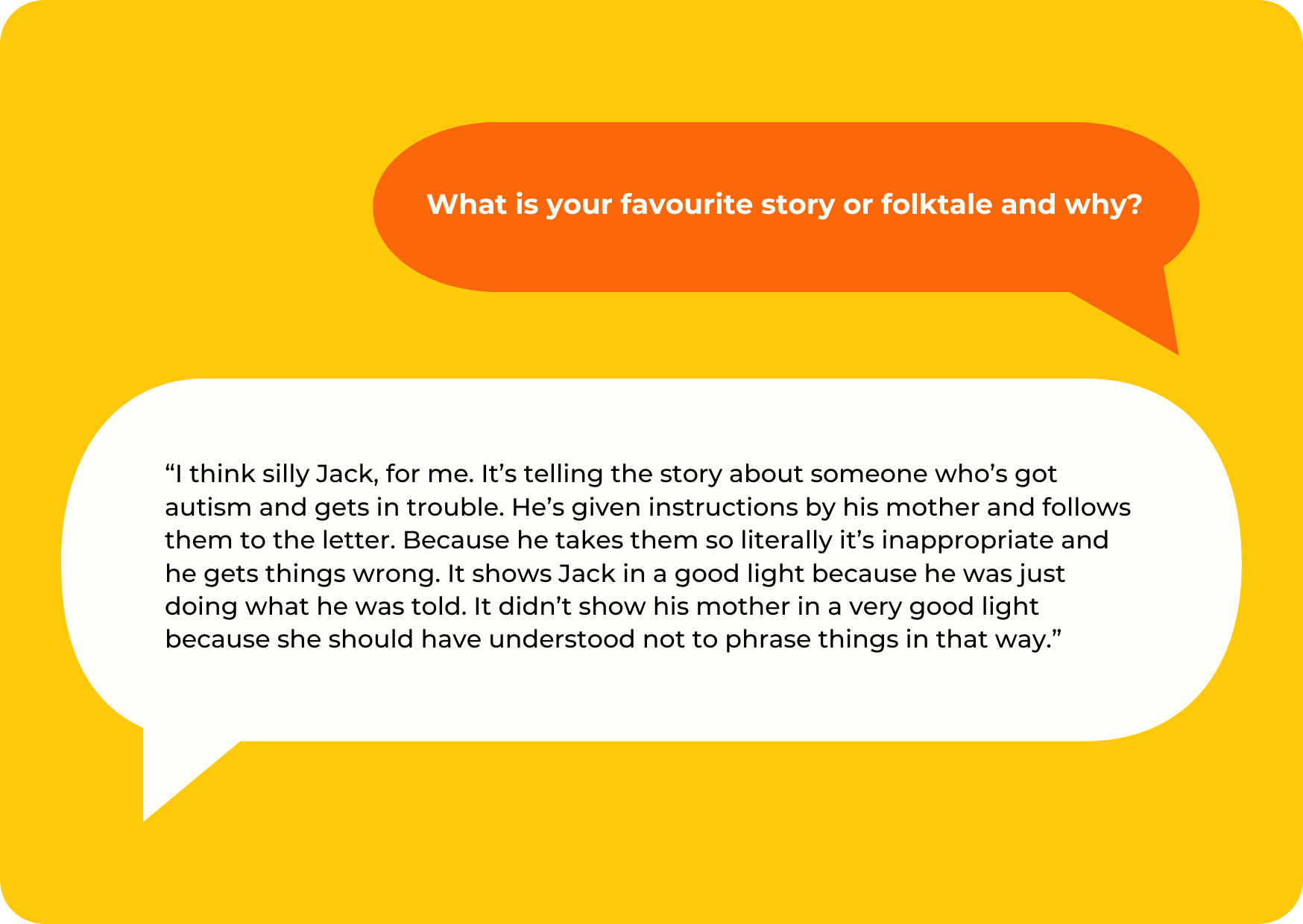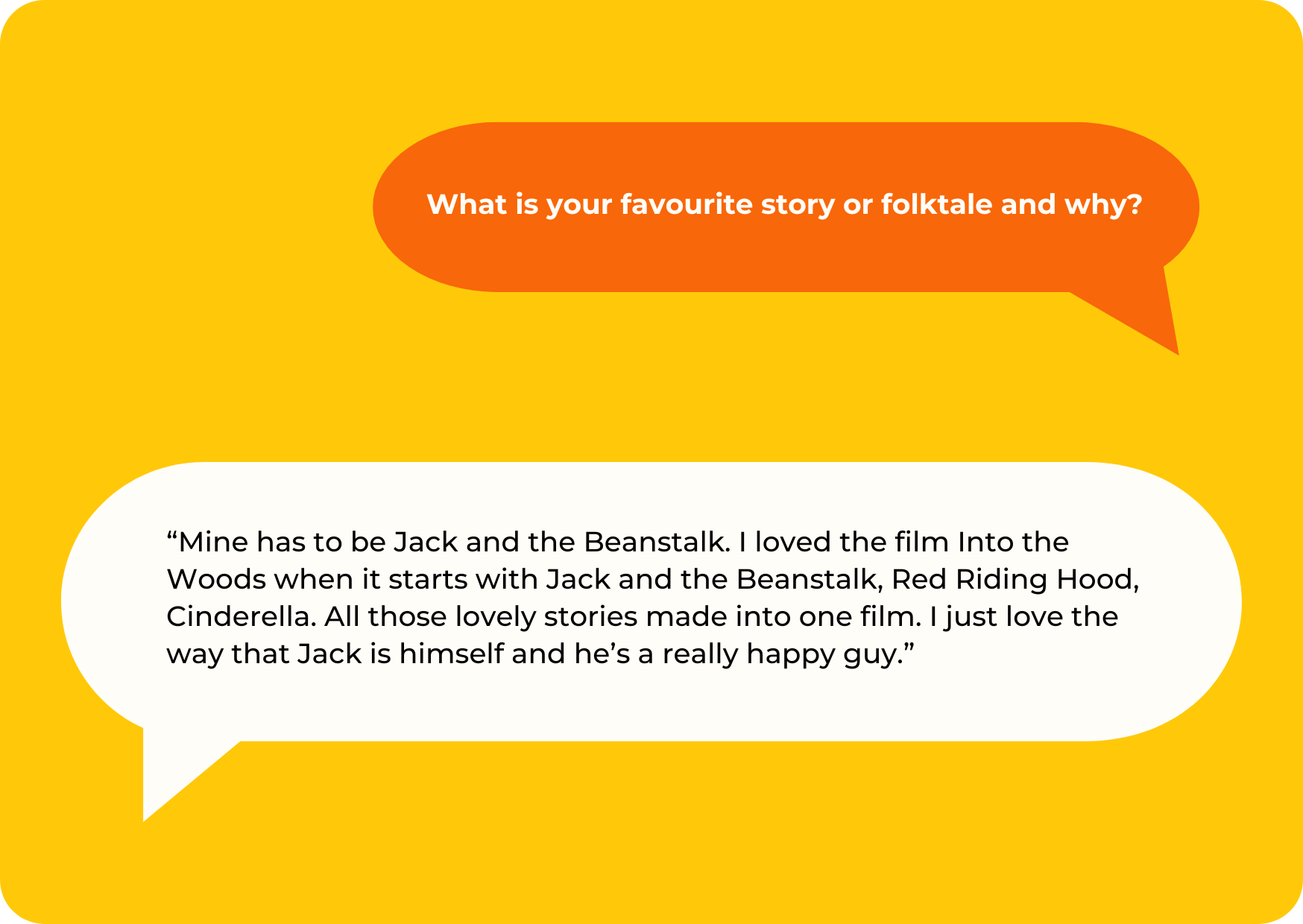the power of storytelling
Guest article with Openstorytellers
Storytelling is at the heart of what makes us human. This is evidenced everywhere, from the tiny day to day anecdotes we share about our morning commutes, to the legends as old as time which get passed down through generations. They’re vital because they help us to connect with others, preserve culture, process emotions, solve problems, and entertain ourselves. Throughout history, storytelling has been crucial for human survival, cooperation and cultural evolution.
OpenStoryTellers is a thriving example of an organisation and community of people who celebrate the benefits of storytelling in all forms. The community arts charity was founded in 2004 by Dr Nicola Grove, supporting and co-run by people with learning disabilities. Their aim is to inspire people to find their voice and use it, through the sharing of personal and traditional stories in a huge variety of diverse and inclusive storytelling methods.
We have had the privilege of working with the brilliant group on a number of their projects and they really do know their stuff when it comes to storytelling. Ellie had a chat with several members about what storytelling means to them.
The OpenStoryTellers Logo
The OpenStoryTellers logo represents the inclusivity of the organisaton. It was drawn by one of the members who has been attending since the very beginning, and features a circle of shields with one shield missing. This circle of shields refers to the knights of the round table, and the missing shield represents Sir Lancealot.
During storysharing group sessions at OpenStoryTellers, an empty chair is always set out in the circle to represent the ‘openness’ of the group – the chair is free for those who are welcome to join, as well as those who used to be part of the circle but no longer attend. As phrased by one of the members:
“We are open to people who are not here yet, and open to people who have been and are not here now.”
Recent Storytelling Projects
OpenStoryTellers have brought awareness to the untold stories of people with learning disabilities throughout history. These projects begin with broad and intensive research into the individuals, their lives, and how they were treated by society at the time. The group go on visits to historical sights, view historical archives, and have worked with researchers at University of Bristol. This research is then used to inform the creation of a huge range of storytelling methods including performance, song, dance, poetry, puppetry, animation, illustration, and much more. The artists at OpenStoryTellers stressed the importance of acknowledging these stories.
These projects tackle complex subjects such as the use of language which was historically deemed socially acceptable, but is now offensive to people with disabilities. When speaking with members of the group it was interesting to discuss this topic – Some people think that it is okay to use in order to be historically accurate, but some think that it is too offensive and should not be used in any context. The group expressed the importance of making it clear within their projects and performances that they don’t think the use of this language is acceptable, and to recognise that those words were used to put labels on people in the past. Through telling these historical tales, OpenStoryTellers are spreading awareness of people in society whose stories are often overlooked or forgotten through time.
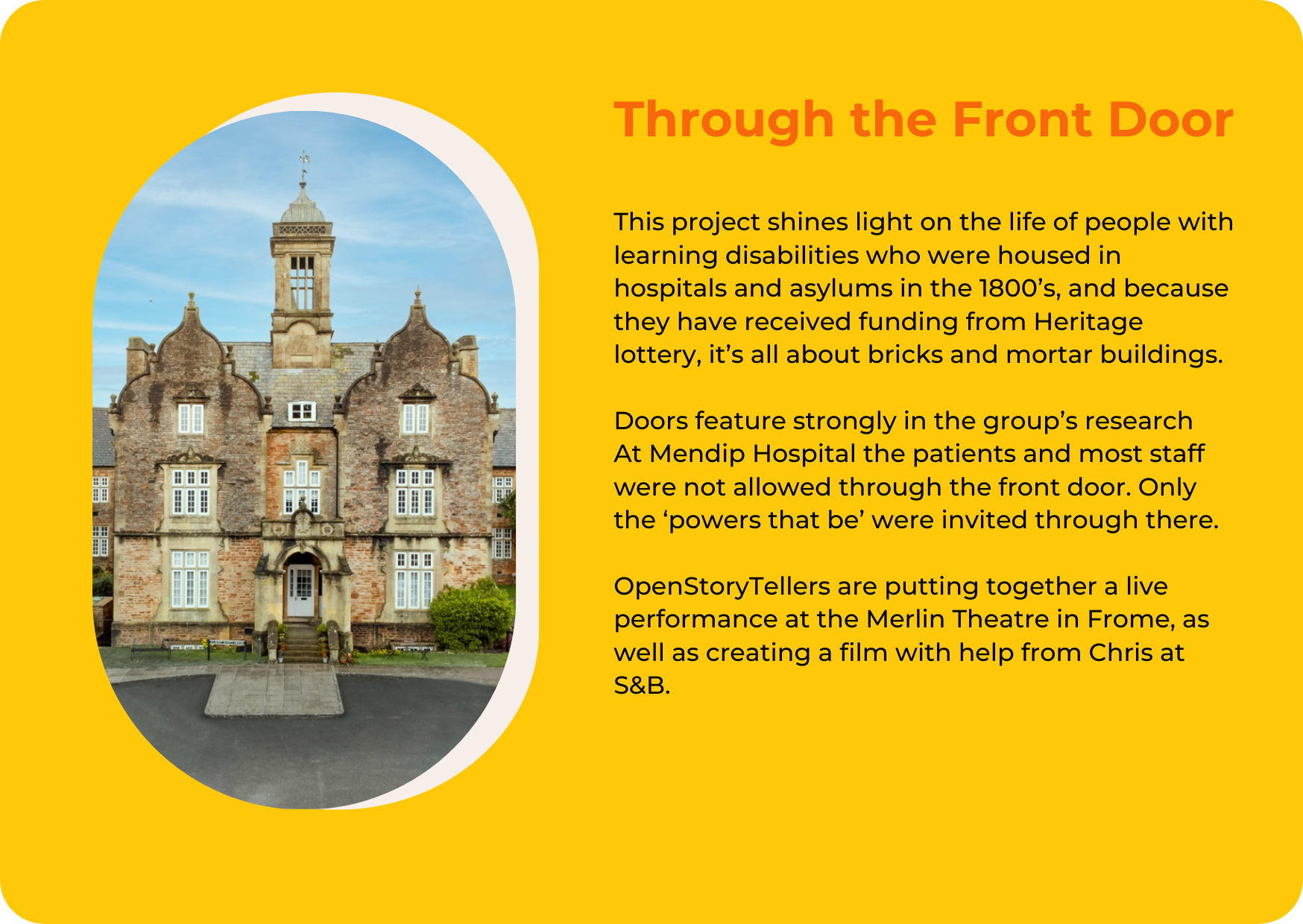
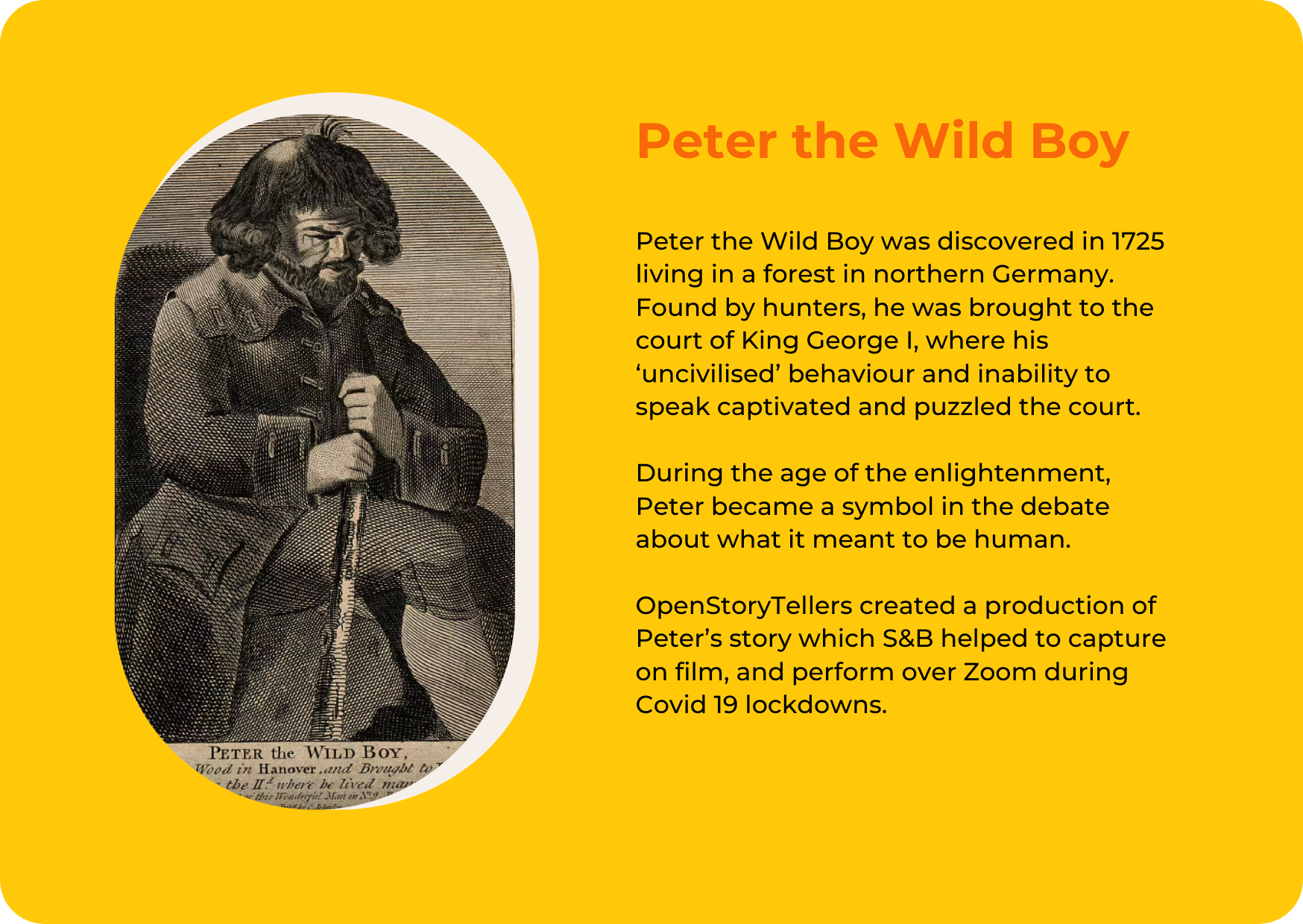
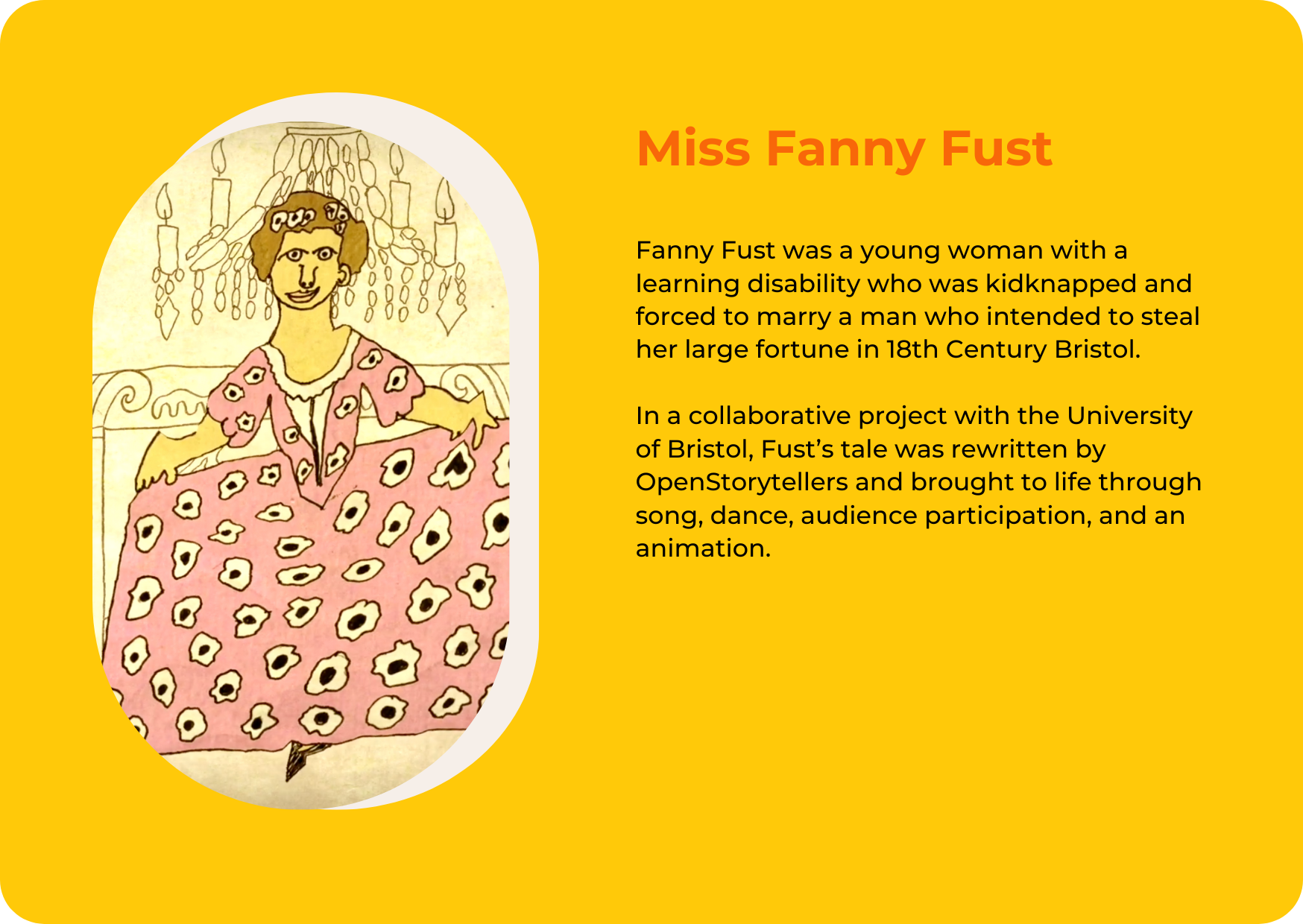
The importance of storytelling
It was so interesting chatting about the importance of storytelling and what it means both personally, and as a community. It’s clear that so much joy, healing and knowledge can come from the simple act of sharing your story and listening to others.
Perhaps in general we should be spending more time focusing on ways that we can mindfully share stories. Whether it be asking a coworker about their journey to work or starting that conversation with someone who always catches the same bus as you.
